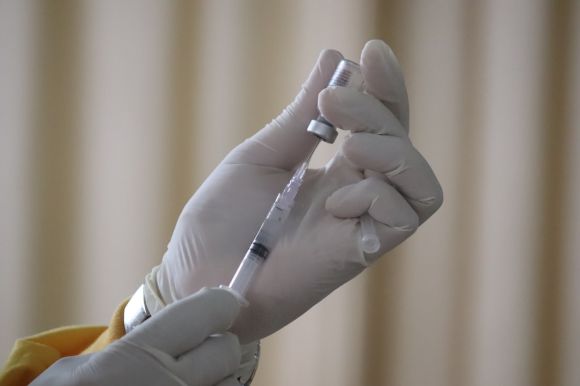Vaccines have become an integral part of our lives, playing a crucial role in protecting us from various infectious diseases. But have you ever wondered how vaccines actually work? In this article, we will explore the fascinating science behind vaccines and how they help safeguard our health.
Understanding the Immune System
Before we delve into the specifics of how vaccines work, it is essential to have a basic understanding of our immune system. Our immune system is a complex network of cells, tissues, and organs that work together to defend our body against harmful pathogens such as bacteria, viruses, and parasites.
The Role of Vaccines
Vaccines are designed to stimulate our immune system in a controlled manner, preparing it to recognize and fight off specific disease-causing agents. They contain either weakened or inactivated forms of the pathogen or specific components of it, such as proteins or sugars. These components act as antigens, triggering an immune response in our body.
Primary Immune Response
When a vaccine is administered, our immune system recognizes the antigens present in the vaccine as foreign invaders. This recognition leads to the activation of immune cells called B cells, which produce antibodies that bind to the antigens, neutralizing them and preventing the pathogen from causing harm.
Secondary Immune Response
The primary immune response lays the foundation for a secondary immune response, which is more rapid and robust. This is one of the key reasons why multiple doses of certain vaccines are required. During the secondary response, memory B cells, which were generated during the primary response, recognize the antigens more quickly and produce a larger quantity of antibodies. This accelerated response helps to eliminate the pathogen more effectively, often preventing the onset of symptoms or reducing their severity.
Herd Immunity
Vaccines not only protect individuals but also contribute to the concept of herd immunity. When a significant portion of a population is vaccinated, it creates a shield of protection, making it difficult for the pathogen to spread. This is particularly important for individuals who cannot receive vaccines due to medical reasons, such as those with weakened immune systems or allergies.
Types of Vaccines
There are different types of vaccines, each designed to target specific pathogens. Some vaccines, such as the measles-mumps-rubella (MMR) vaccine, contain weakened versions of the live virus. Others, like the influenza vaccine, contain inactivated or killed forms of the virus. Additionally, newer technologies have enabled the development of vaccines that use only specific parts of the pathogen, such as the mRNA vaccines for COVID-19.
Vaccine Safety
Vaccine safety is of utmost importance and is closely monitored by regulatory authorities. Extensive research and testing are conducted before vaccines are approved for use. The benefits of vaccination, such as prevention of disease and reduction of complications, far outweigh the potential risks associated with vaccines. Adverse reactions are rare, and serious side effects are extremely rare.
Conclusion: The Power of Vaccines
Vaccines have revolutionized modern medicine, saving countless lives and preventing the spread of deadly diseases. By stimulating our immune system to recognize and eliminate specific pathogens, vaccines provide us with protection against a wide range of infectious diseases. They not only safeguard our own health but also contribute to the well-being of the entire community. It is imperative that we continue to embrace and support vaccination efforts to ensure a healthier and safer future for all.
